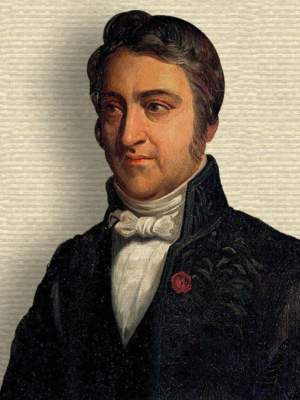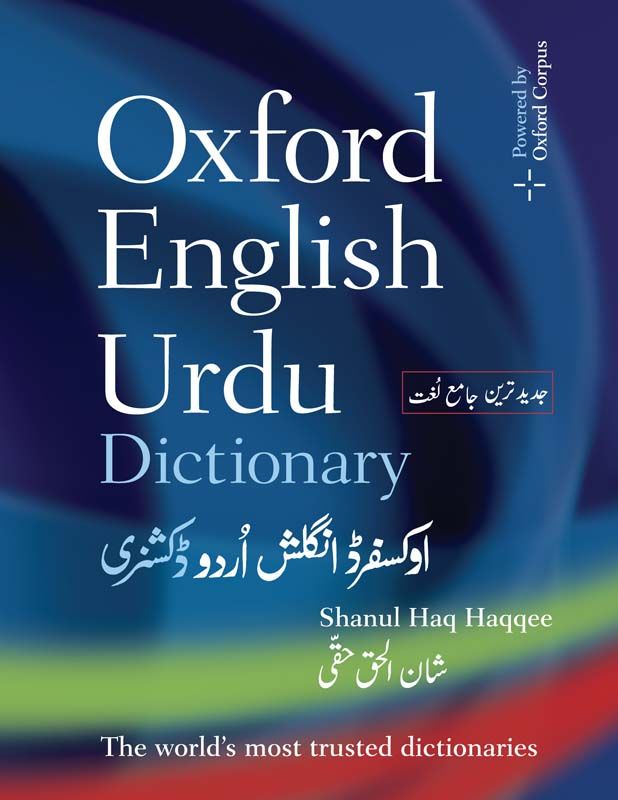
The Oxford English Dictionary is a historical dictionary of English, covering the language from the earliest times to the present day. It shows not only the current meanings of words, but also traces their development through time. Entries contain detailed etymological analysis and are illustrated by quotations from a wide range of English language sources from around the world. For more than a century, the Oxford English Dictionary has been the undisputed authority on the history and development of the English language.

The Oxford English dictionary being a corrected re-issue with an introduction, supplement, and bibliography of A new English dictionary on historical principles This edition was published in 1933 by At the Clarendon Press in Oxford. The Oxford Dictionaries API gives you access to our world-renowned dictionary data, including definitions, translations, synonyms, and audio pronunciations. We use cookies to enhance your experience on our website.
Oxford English Dictionary Api
The online Oxford English Dictionary enables the full text of the Dictionary to be searched in a way impossible in the printed version. The Dictionary is being completely revised. Every one of the 250,000 entries is being updated, and many more will be added during the course of the revision program, which is expected to double the length of the text.
Advanced Search options enable you to:
- search using Boolean operators, and across different fields, in a single search (e.g., how many words are illustrated by a citation from Jane Austen AND come from French OR German?)
- perform case-sensitive searches (e.g., find all references to BASIC the computer programming language, and not the adjective “basic”)
- search for accented and other special characters (e.g., non-Roman alphabets,such as Hebrew and Arabic, chemical and mathematical symbols, and Old English characters)
- find all words derived from a specified language with a single search (e.g., a search for “Sanskrit” in the new Language Names field will also look for abbreviated forms such as ‘Skr.’, ‘Skt.’, and ‘Sk.’)
- restrict a search to entries with a particular part of speech (e.g., everything from nouns and adjectives to conjunctions and interjections)
- search the OED’s pronunciations to find all the words containing a particular sound.

Related Research Guides
Oxford English Dictionary Buy
English and American Literature
History
Linguistics
Newspapers
Oxford English Dictionary Risk
- Beardon, C. (1994) Computers, postmodernism and the culture of the artificial. AI & Society, 8, 1–16.CrossRefGoogle Scholar
- Bricken, W. (1994) Inclusive Symbolic Environments. In K. Duncan and K. Krueger (Eds.), Linkage and Developing Countries, Information Processing `94. Vol. III. IFIP/North Holland, Amsterdam,163–170.Google Scholar
- Bryson S. (1996) Virtual Reality in Scientific Visualization. Communications of the ACM, 39, 5, 62–63.CrossRefGoogle Scholar
- Cambridge International Dictionary of English (1995). Cambridge University Press, Cambridge.Google Scholar
- Concise Oxford Dictionary (1982) 7th Edn. Oxford University Press, Oxford.Google Scholar
- Collins COBUILD English Dictionary (1995). Harper Collins, London.Google Scholar
- Deering M F. (1996) The HoloSketchTM VR sketching system. Communications of the ACM, 39, 5, 5461.CrossRefGoogle Scholar
- Green M and Halliday S. (1996) A geometric modelling and animation system for virtual reality. Communications of the ACM, 39, 5, 46–53.CrossRefGoogle Scholar
- Levy, P. (1997) Welcome to Virtuality. Digital Creativity. 8 (1), 3–10.CrossRefGoogle Scholar
- Longmans Dictionary of Contemporary English (1995) 3rd Edn, Longmans, Harlow, Essex. McGraw-Hill Dictionary of Computers (1984) S.B. Parker (Ed.) McGraw-Hill, NY.Google Scholar
- Macmillan Dictionary of Information Technology (1989) 3rd Edn, D. Langley and M. Shain (Eds.), Macmillan, London.Google Scholar
- Negrotti, M. (1991) One hundred definitions of AI. In M. Negrotti (Ed.) Understanding the artificial: On the future shape of artificial intelligence. Springer-Verlag, Berlin. 155–57.CrossRefGoogle Scholar
- Oxford Advanced Learners’ Dictionary (1995) 5th Edn, Oxford University Press, Oxford. Oxford English Dictionary (1933) Oxford University Press, Oxford.Google Scholar
- Postman, N. (1992) Technopoly: The surrender of culture to technology. Knopf, New York. Prentice-Hall (1995) Prentice-Hall Illustrated Dictionary of Computing. 2nd Edn. Ed. by J.C. Nader. Prentice-Hall of Australia, Sydney.Google Scholar
- Roget, P.M. (1852) Thesaurus of English Words and Phrases. Edition publ. 1962, Longmans, Green & Co, London.zbMATHGoogle Scholar
- Searle, J.R. (1980) Minds, Brains, and Programs. The Behavioural and Brain Sciences, 3, 417–424.Google Scholar
- Turing, A. (1950) Computing Machinery and Intelligence. Mind, LIX, 236.Google Scholar
- Woolley, B. (1993) Virtual Worlds. Penguin Books, London.Google Scholar
Comments are closed.